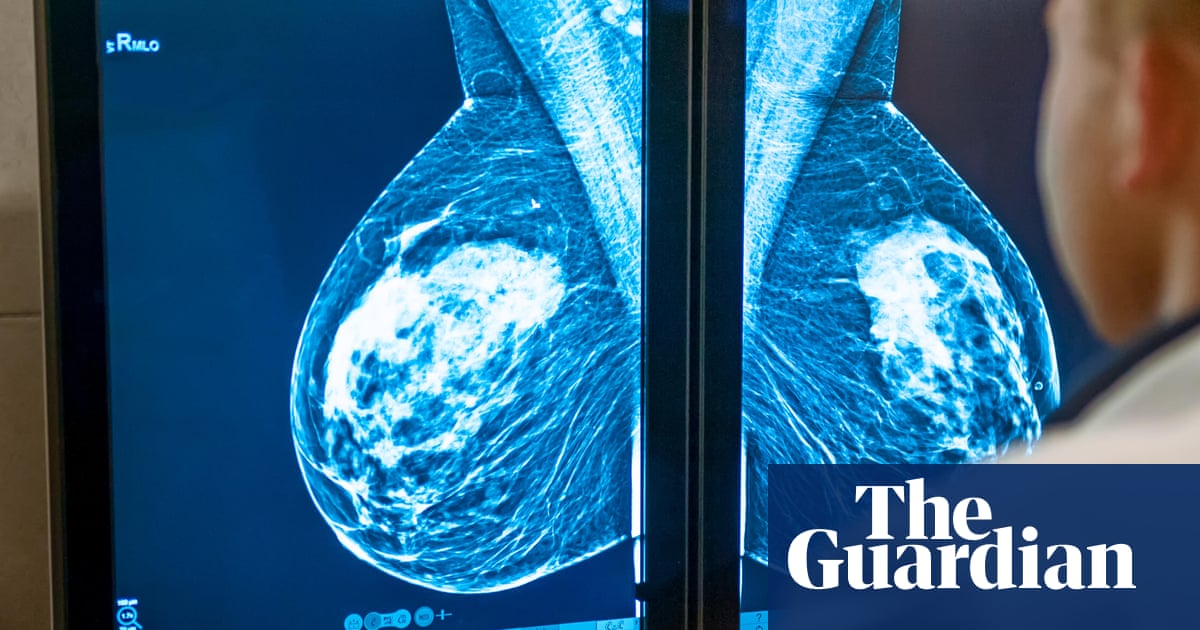TheNHShanded private firms a record £216m last year to examine X-rays and scans because hospitals have too few radiologists.
The amount of money NHS organisations across the UK are paying companies to interpret scans has doubled in five years as demand rises for diagnostic tests.
Despite the growth in privatisation, the NHS in England failed to read 976,000 X-rays and CT and MRI scan results within its one-month target – the highest number ever. Scans play a crucial role in telling doctors if a patient has cancer or a broken bone, for example.
The Royal College of Radiologists (RCR), which collated the figures from doctors across the UK, said the £216m given to private firms in 2024 was “a false economy” which it blamed on the NHS’s failure to recruit enough specialists to read all the scans patients have in its hospitals.
The college said the growing outsourcing of scan analysis risked creating “a vicious cycle” in which NHS radiology services were increasingly weakened and its doctors drawn to private work.
Dr Katharine Halliday, the RCR’s president, said: “The current sticking plaster approach to managing excess demand in radiology is unsustainable and certainly isn’t working for patients, who face agonising waits for answers about their health.
“It is a false economy to be spending over £200m of NHS funds outsourcing radiology work to private companies, and evidence of our failure to train and retain the amount of NHS radiologists we need.”
RCR figures show the NHS across the four home nations had 4,923 consultant radiologists in 2023, 1,962 fewer than the 6,467 it believes are needed – a 30% shortfall.
The college’s latest annual census of radiology services found that the amount NHS trusts and health boards have paid to private firms rose dramatically from £108m in 2019 to £174m in 2023 and then by another 24% to last year’s £216m.
David Rowland, the director of the Centre for Health and the Public Interest thinktank, which tracks NHS privatisation, said the NHS’s increasingoutsourcing of the reporting of scanswas helping to fuel a boom in private diagnostic services, the total value of which experts say is £10.7bn.
He said: “The increasing reliance of the NHS on private diagnostic services has only occurred because the NHS has been defunded over the last decade and there hasn’t been sufficient investment in capital infrastructure, such as new scanners.
“Relying on private finance to fill that gap is both more costly and risks hollowing out NHS [radiology] departments, as has happened in many other areas of outsourced care.”
As a consequence the health service had fewer opportunities to train new radiologists, which endangered the long-term viability of its own radiology services, he added.
Sign up toHeadlines UK
Get the day’s headlines and highlights emailed direct to you every morning
after newsletter promotion
The RCR’s figures were supplied by clinical directors of NHS radiology services. They show that almost every NHS radiology department outsources at least some of its workload to private firms, which are based in the UK and abroad.
The Department ofHealthand Social Care said paying private firms to interpret scan results was a good use of NHS funding and a vital way of ensuring that happened promptly.
A DHSC spokesperson said: “Given the scale of NHS waiting lists, it would be a dereliction of duty not to use every available resource to get patients the care they need.
“The independent sector will play a vital role in busting the backlog. This has contributed to our significant progress, with the 2m extra NHS appointments we promised being delivered seven months early.”
The updated version of the NHS’s long-term workforce plan for England, due this summer, would give the health service the personnel it needed to cope with demand, they added.
